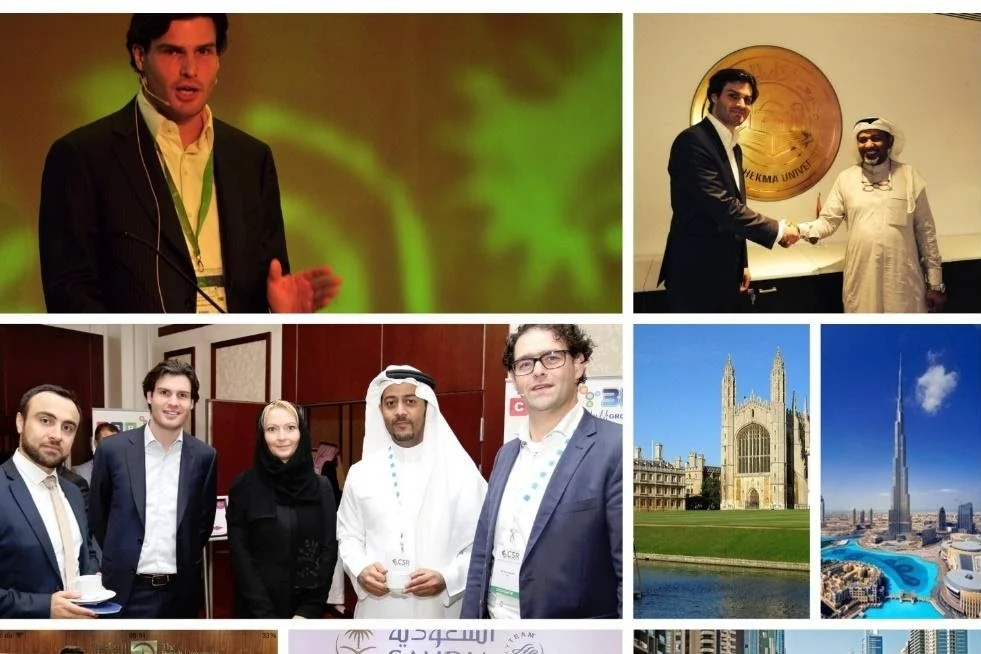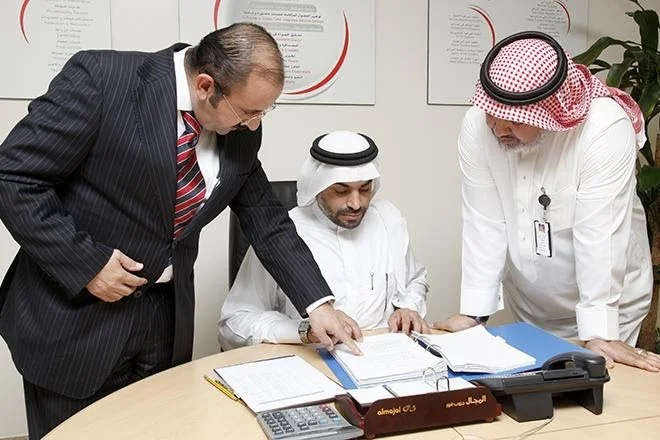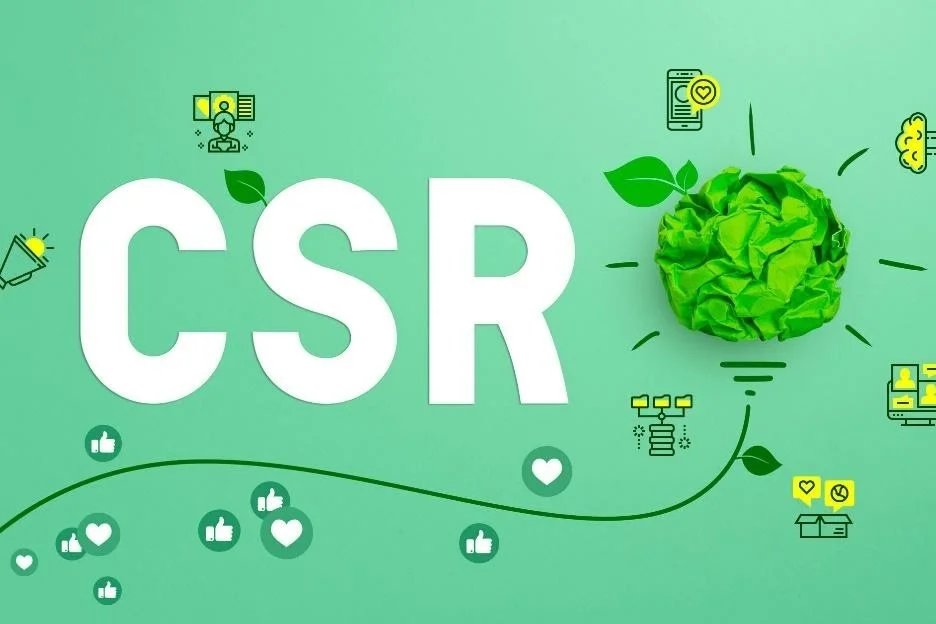EMG is a Leader in CSR & Sustainability

Daan Elffers and Mosab Obeidat of EMG, with Dr May Al-Taher and team members of the Vision Institute on CSR in Jordan
EMG founder Daan Elffers was asked to conduct a series of workshops for executives from the Jordanian business sector on how to effectively integrate CSR into business practices.
Dr May Al-Taher, Director of the Vision Institute for Civil Society Studies: “We were extremely impressed by Drs Elffers’ extensive knowledge on the subject of sustainable development and CSR. Through his strong passion for the topic, backed by his broad understanding of international best practice, he was able to inspire great enthusiasm among the audience for taking CSR to the next level within their own organizations. He has contributed significantly to our reaching our own goals of accelerating the effective implementation of CSR in Jordan.”
The project was initiated and funded by the Netherlands Embassy in Amman, who commissioned the Vision Institute to conduct an extensive survey on the current status and future prospects of CSR in Jordan. The survey examined the motivation of companies implementing social responsibility programs, and also the obstacles restricting these. The survey targeted the CEOs of a random 270 Jordanian companies; the economic sectors covered included agriculture, banking, commerce, construction and contracting, education, health, insurance and brokerage, information and communications technology, manufacturing and transport. Ways to enhance the engagement of the private sector in social responsibility were also polled.
The key findings and recommendations of the study were published by the Jordanian Forum for Economic Policies and edited by Dr Al-Taher.
EMG CSR in Jordan
Daan Elffers on CSR in Jordan
One key conclusion was that the concept of CSR among Jordanian businesses is to quite a degree ambiguous, or misperceived. The institute therefore supports the notion of arriving at a unified CSR definition that takes into consideration the Jordanian context; economic and social circumstances, corporate culture and values, and the diverse interests of different stakeholders.
The report concludes with specific recommendations for Jordanian companies, business associations, the government and public institutions, labour unions, professional associations and public interest groups, international organizations working in Jordan, donor institutions, and Jordanian think tanks.
 Albania
Albania Algeria
Algeria Andorra
Andorra Argentina
Argentina Armenia
Armenia Australia
Australia Austria
Austria Azerbaijan
Azerbaijan Bahrain
Bahrain Belgium
Belgium Bolivia
Bolivia Brazil
Brazil Bulgaria
Bulgaria Cambodia
Cambodia Cameroon
Cameroon Canada
Canada Chad
Chad Chile
Chile China
China Colombia
Colombia Costa Rica
Costa Rica Croatia
Croatia Cyprus
Cyprus Czechia
Czechia Denmark
Denmark Ecuador
Ecuador Egypt
Egypt Finland
Finland France
France Georgia
Georgia Germany
Germany Ghana
Ghana Greece
Greece Hungary
Hungary Iceland
Iceland India
India Indonesia
Indonesia Ireland
Ireland Italy
Italy Jamaica
Jamaica Japan
Japan Jordan
Jordan Kazakhstan
Kazakhstan Kenya
Kenya Kuwait
Kuwait Latvia
Latvia Lebanon
Lebanon Libya
Libya Lithuania
Lithuania Luxembourg
Luxembourg Malaysia
Malaysia Maldives
Maldives Mali
Mali Malta
Malta Mexico
Mexico Moldova
Moldova Monaco
Monaco Morocco
Morocco Netherlands
Netherlands New Zealand
New Zealand Nigeria
Nigeria North Macedonia
North Macedonia Norway
Norway Oman
Oman




